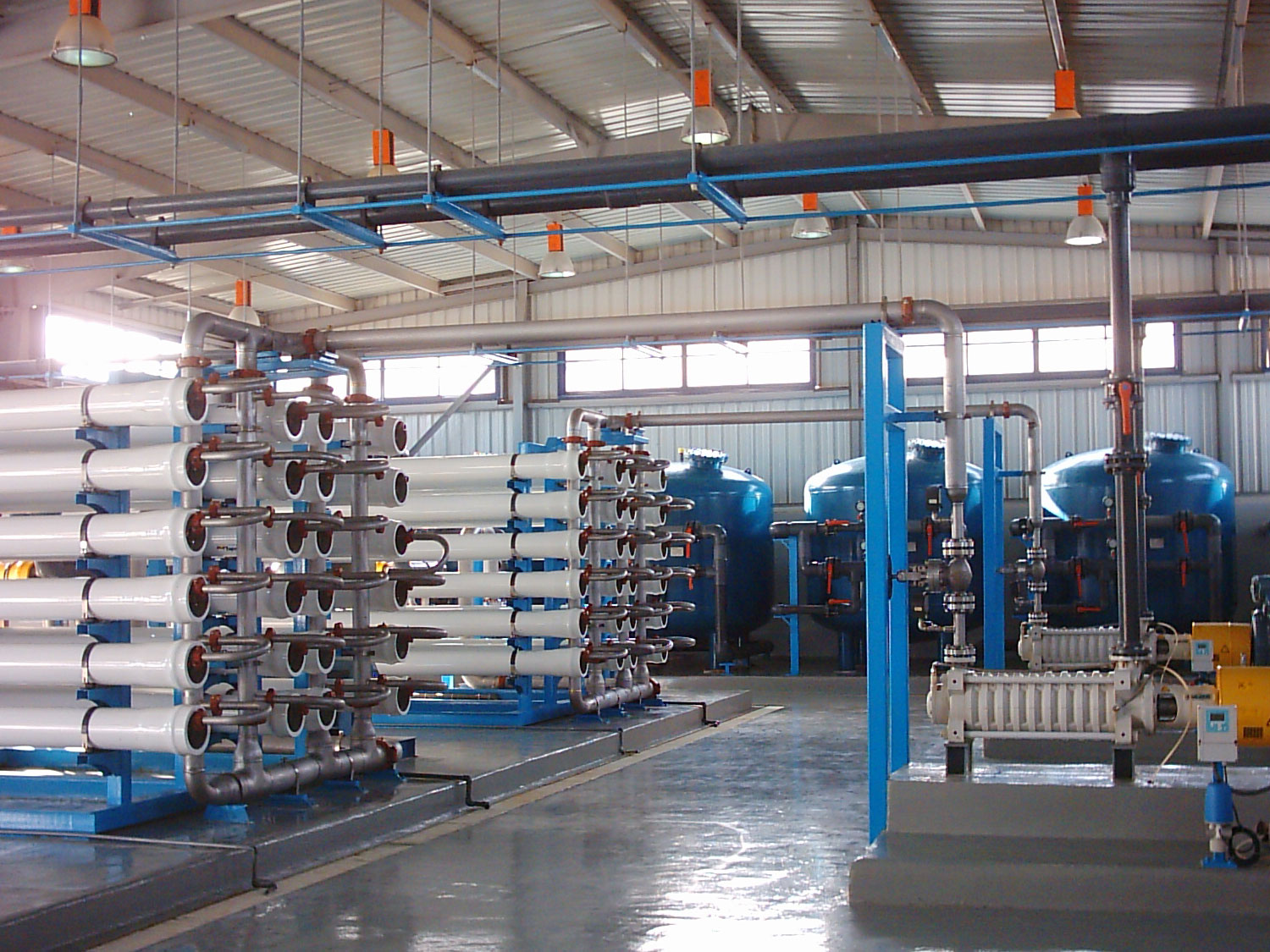Introduction
Nabq Bay, has been undergoing development since 1998 with 5-star rated hotels & resorts stretched alongside its coast. These resorts model environmental conservation, cultural preservation, design creativity, and beauty and diversity of entertainment. To serve the water needs for this area a sustainable solution was therefore required and establishing the Nabq Bay desalination plant was the ultimate solution.
Nabq plant is positioned at a unique location on the entrance of Aqaba Gulf (Red Sea), 10km north of Sharm El-Sheikh International Airport and 5km south of the borders of ‘’Nabq International Protectorate’’, where mangrove trees thrive. The plant is a seawater reverse osmosis desalination plant with a total capacity of 18,000 m3/day. It is owned by International Utilities Company, a subsidiary of Metito Utilities.
Scope of Work
Metito had the overall responsibility of carrying out the feasibility study, the environmental impact assessment, the construction of the plant and for operating the plant for a period of 25 years automatically renewed for 99 years in accordance with the USUFRUCT LAW for lands. The 1st phase went into operation in 2002 with a capacity of 1500 m3/day, reaching 18,000 m3/day, and the final phase launched in 2009.
The scope of work included the complete design, engineering, manufacturing, supply, installation, commissioning, startup, performance and reliability tests. This was then followed by the provision of operation and maintenance for the plant and management the 40 km network that serves more than 60 hotels and resorts. The project included:
- Beach well pumps
- Filter feed/backwash pumps, dual media pressure filters and cartridge filters
- High pressure pumps with energy recovery units
- Reverse osmosis units, skid mounted complete with instrumentation and control
- Chemical injection systems for disinfection, scale control and pH adjustment
- Brine deep well injection pumps
Key Benefits
- Secure and stable high grade quality of water
- Saving valuable prime land in the resort
- No capital investment
- Flexibility to increase water supply
- Elimination of tanker transportation and maintenance cost
- Elimination of possible contamination caused by road tankers
- Reduction of electrical load at each individual hotel or resort
- Reduction of power load at the plant itself through the use of pressure exchangers
- Environmentally friendly project that help preserve marine life of the surrounding environment

